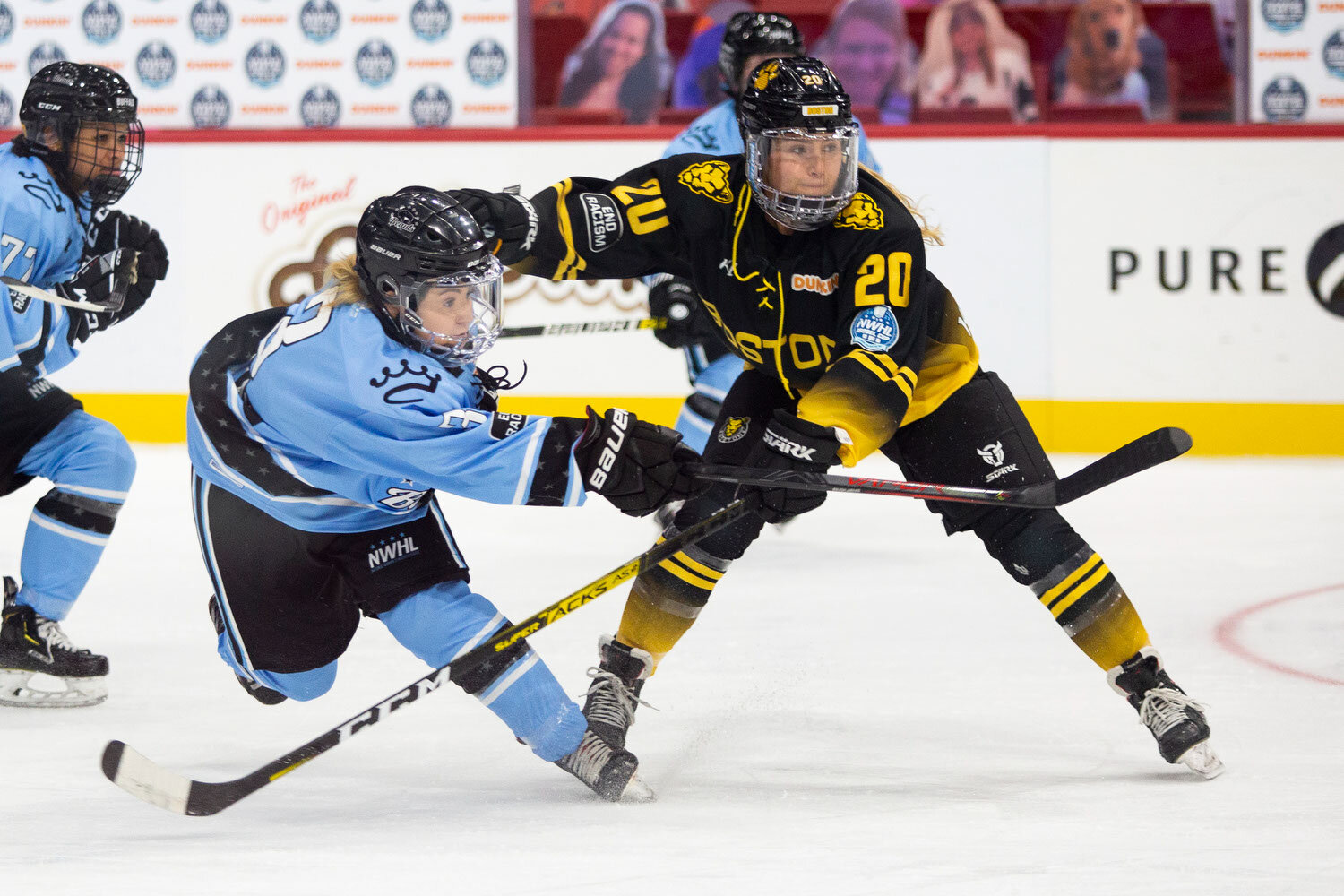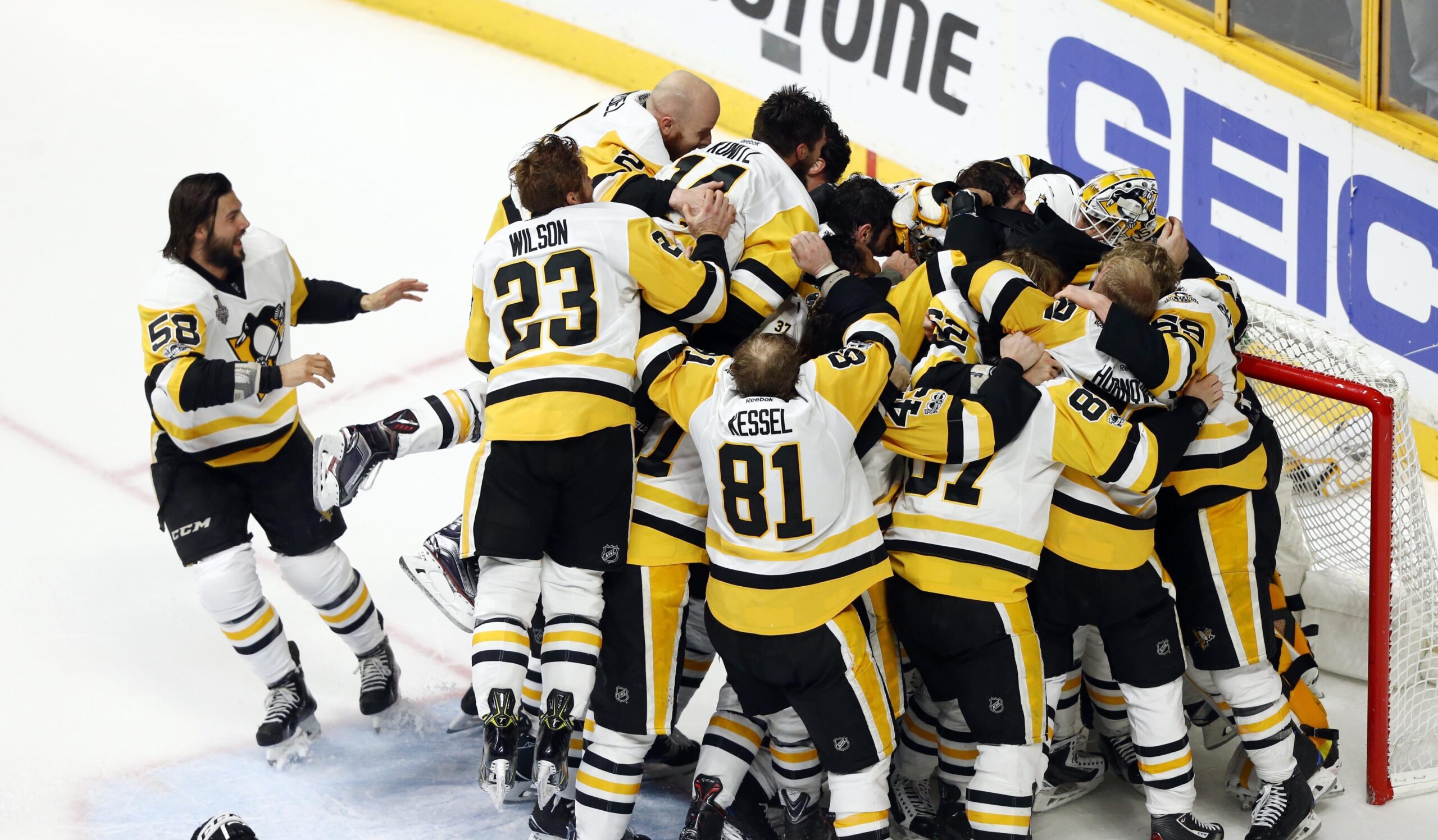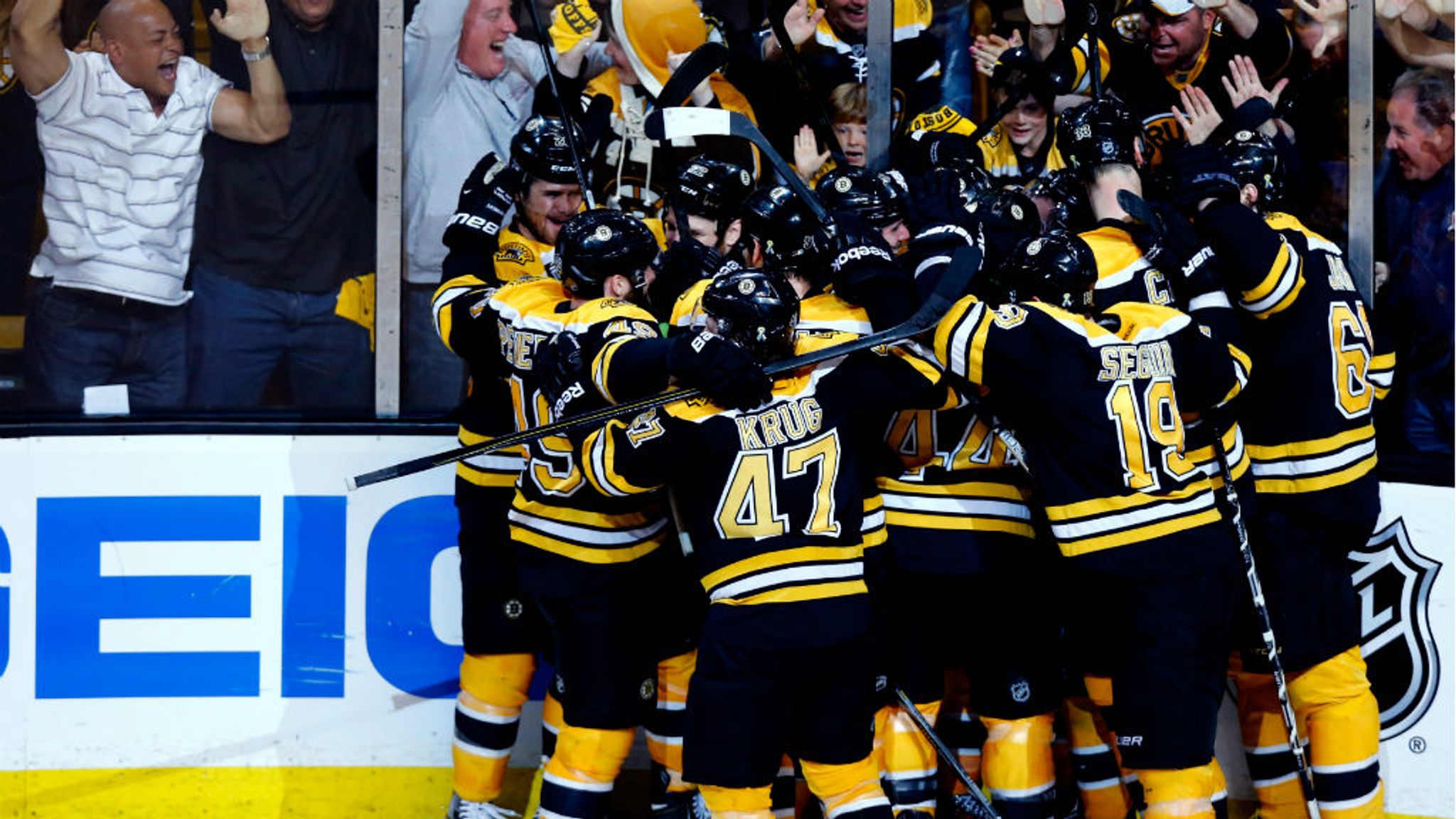In the heated moments of overtime hockey, every decision by the referees is magnified, especially when it comes to penalties that can shift the direction of the game. This was exactly the case in a recent match where David Pastrnak of the Boston Bruins was called for a tripping penalty against Clayton Keller. The call, made just 42 seconds into overtime, was not only crucial but controversial, sparking a debate among fans and critics alike.

A “Soft” Call with Hard Consequences
Brad Marchand, a key player for the Bruins, did not mince words when he described the penalty on Pastrnak as “soft.” According to Marchand, the nature of the infraction did not warrant the severity of the call given the critical timing within the game.
“It’s one of those (calls) that we would want, I think. It might be a little soft. Nothing came out of it,”
Marchand stated in the post-game press conference. His disappointment was palpable, as he noted that the penalty undeniably altered the momentum of the game.
“Usually overtime they call stuff on chances or a turnover, stuff like that. But I mean, at the end of the day, it was a trip so it’s too bad we killed it off and guys do a job there, but it’s unfortunate Pasta’s just turning up the ice and his stick kind of gets caught. Those things happen,”
he added, highlighting the incidental nature of the event.
Coaching Perspectives: Understanding but Disagreeing
Jim Montgomery, the Bruins’ coach, echoed Marchand’s sentiments but from a coaching perspective. He acknowledged the difficult position referees are in during such high-tension moments.
“OT I understand from the rescue point why they would make that call. You know, I thought he tried to jump over Pasta’s stick. It wasn’t Pasta’s stick that tripped him,”
Montgomery remarked, suggesting a misinterpretation of the play by the officials. He also candidly admitted his partial view of the incident, hinting at the inherent subjectivity in such calls:
“Of course, I’m going to see it the way I want to see it too.”

The Impact on Team Dynamics
The penalty and subsequent goal by the Utah Hockey Club not only ended the game but also spotlighted a recurring issue for the Bruins—consistency across lines. Despite Jeremy Swayman’s commendable performance in goal, stopping 29 of 30 shots, the team’s offense struggled significantly. Cole Koepke, a fourth-liner, was the only Bruin to light the lamp, showcasing the unexpected effectiveness of the Bruins’ lower lines compared to their star-studded top trio.
Marchand, along with stars like Charlie Coyle, found themselves overshadowed by the gritty play of their teammates further down the roster.
“They are keeping it simple. They’re winning battles. They’re connected. Their triangles in the D-zone and especially in the offensive zone have been really good. And the other lines gotta try and emulate that if they want to have that kind of success,”
Coach Montgomery expressed his frustration with the top lines’ performance, emphasizing the need for them to take cues from the fourth line’s playbook.

As the season progresses, the Bruins are under pressure to not only refine their strategies but also to adapt to the unpredictability of officiating, which as seen, can decisively influence the outcome of a game. The call on Pastrnak may have been debatable, but it serves as a stark reminder of the thin ice on which games are often balanced in the NHL.

I am a writer with a passion for technology and gaming. I write about a variety of subjects, including Esports, Games, Shows, and Sports. I create engaging and informative content for Hiptoro.

